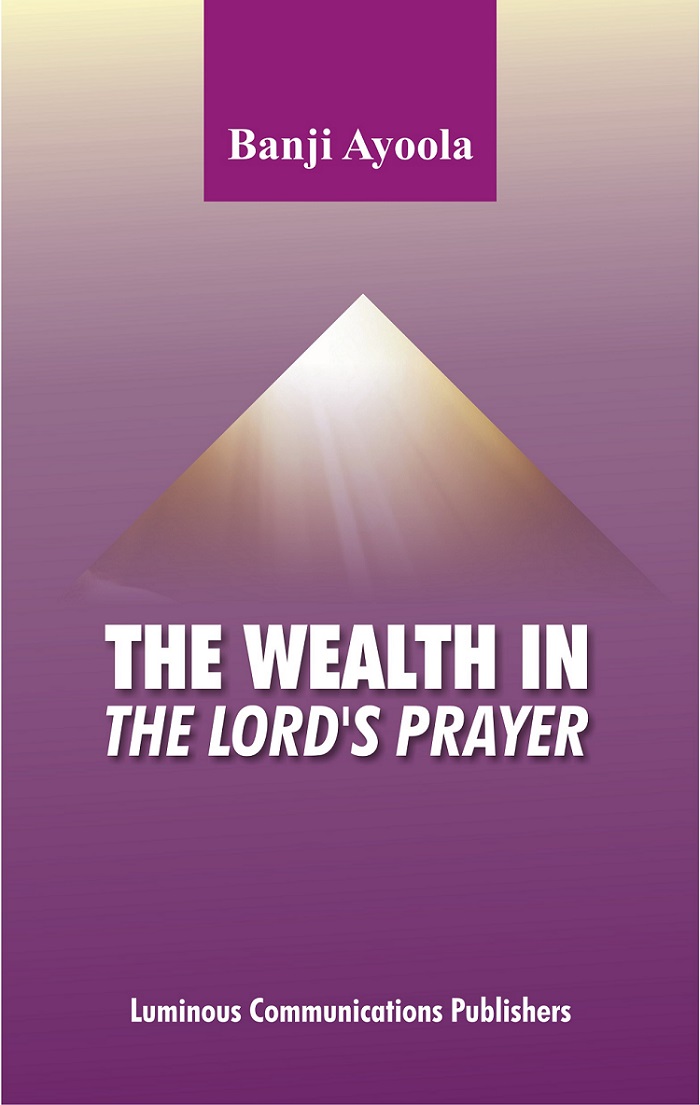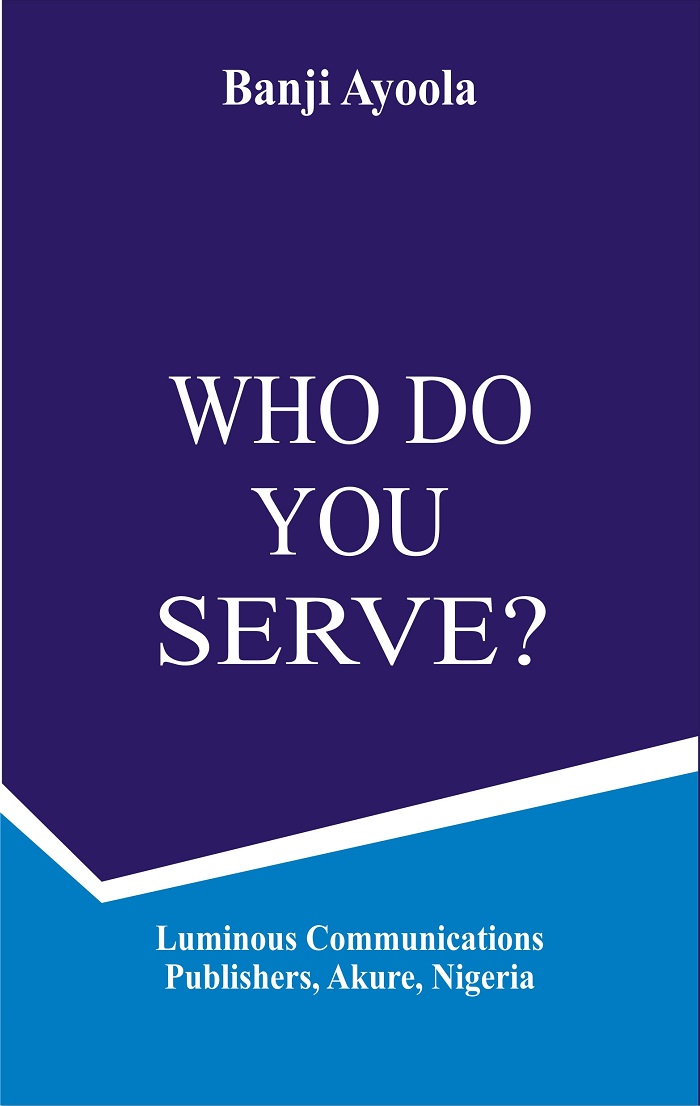By Felix Oguejiofor Abugu
Not the first but the best…
On the foreground of Eni Njoku Hall of Residence at the University of Lagos is a billboard with this inscription: ‘Not the First but the Best’.
It’s a long time now since I saw that billboard (I don’t even know if it’s still there) but I have always found that statement a profound tribute to the late Prof Eni Njoku (1917-1974), the brilliant Ohafia, Abia State-born Professor of Botany who was the first Vice Chancellor of the University of Lagos at Akoka.
The statement is also exhortative in a way. For, while Soyinka may have harped on the need for one to set forth at dawn, equally important is what one does with an early arrival at one’s destination. In other words, the first may not always be the best and the best not always the first. As the Good Book tells us, the race isn’t often to the swift.
What is on my mind? Enugu State. A vast territory (by South East standards, at least) defined by the rolling hills of Udi, the rich, sprawling agricultural belts of Nsukka, Greater Awgu and Nkanuland, today’s Enugu is self-assured, daring, sometimes even mystifying.
Indigene or not, Enugu wills you to like her, even love her, because it is a State where only the good news is good enough: it is peaceful, humane, delivers on its social contract with the people and boasts a benevolent, self-effacing Governor whose motivation in life seems to derive from making others happy.
I am seeing Nigeria from an Enugu prism. Today’s Enugu has become a good indicator of what is possible when the right governance processes are emplaced. And I am not talking about roads, schools and health and other social infrastructure that have received quality government attention in the Coal City State in the past three years plus. I am talking about the unprecedented demonstration, recently, by Enugu that States can actually do so much for, and by, themselves if they will themselves to do so.
Now, this is how Enugu is daring: For two months running, Enugu has paid its workers’ salaries without recourse to Abuja. No thanks to the doodling in Abuja over NNPC’s alleged under-remittances to the federation account, the Federation Accounts Allocation Committee (FAAC) had been unable to meet and agree on how much to be shared by the federating units for the month of June.
This has caused a lot of financial distress in most of the States. But not so in Enugu, at least no so much (the local governments are not doing well when it comes to internal revenue generation), because the State government has put in place a pragmatic internal revenue generation system that enables it to, on its own, generate enough revenue to, at least, pay its workers.
I do not know of any other State that has done that. But, if Enugu could perform this feat, I don’t see why other states cannot.
How come one of the least (in terms of receipts from Abuja) is now the best? That’s what confounds many. For, come to think of it, Enugu’s economic-resource profile is not exactly awesome.
Although it boasts Emene Industrial Estate, it is not about to rival Ogba, Ikeja, Nnewi or Onitsha’s harbour Industrial Layout in terms of the number of mega industries to which it plays host and, by extension, the tax revenue (P-A-Y-E) that comes therefrom. But, it is home to highly mobilized citizenry and businesses whose faith in the sincere determination of the State government to deploy tax revenue to productive use makes them willing to pay tax.
At a recent meeting of the Joint Tax Board (JTB) in Enugu, the Enugu State capital, Mr. Tunde Fowler, Chairman of the Board who is also the Chairman of the Federal Internal Revenue Service (FIRS), commended Governor Ugwuanyi for putting in place a “proficient and unparalleled” tax regime that has resulted in the State exceeding the 15 per cent tax revenue to GDP benchmark advocated by the United Nations for funding budgets.
Fowler was impressed that such “proficient tax regime” has led to an “unprecedented growth in Enugu’s Internally Generated Revenue (IGR), which, to the FIRS’s boss’s delight, the State government has “judiciously utilized for the rapid development of the State.”
“As you come to Enugu, you can see how tax monies were used,” Fowler enthused in a speech to the Joint Tax Board at the Enugu Summit.
“Following the testimony given by the Chairman of the Board of Internal Revenue of Enugu State, Mr. Emeka Odo, all the chairmen are supposed to have the copies of advance sheets to their governors for them to see what is going on in Enugu State and how things are supposed to be done.”
Deputy Senate President, Prof Ike Ekweremadu describes the Nigerian system as ‘a begging bowl federalism’.
Every month, States send their finance commissioners to Abuja with bowls in their hands and knees on the ground, waiting for the Federal Government to ‘graciously’ hand them their own share of what has been cynically described as ‘the National Cake,’ which, in reality, no one bakes—neither Abuja nor the State capitals do the baking.
All we do is sit down while exploitative oil majors mine our crude, declare the number of barrels of the black stuff they want to and give us to sell through the NNPC, which then sells and remits whatever it must into the federation account and we then gather under FAAC to share among the federating units whatever is available for us to share!
It is as easy as that and easier still for anyone—President, governor, council chairman — to collect the money and decide how to spend it. It is arguably the most unproductive economic management model in the world, a lazy, let’s-share mentality that Gowon bequeathed to us (remember his infamous ‘Money is not our problem but how to spend it’ line?).
And it remains our undoing till date.
The point, therefore, is that the most successful chief executive isn’t, certainly, the one who shares out an already baked cake, however equitably, but the one who does the baking himself and, in addition, shares it out equitably. In other words, the challenge for anyone, group or government can never be how to spend money but how to make it.
What Ifeanyi Ugwuanyi’s Enugu has, thus, demonstrated is that if creative leadership could make a State so lean on exploitable resources as Enugu stay afloat even in this our chaotic system and especially in these hard times, how progressive the states and the nation as a whole would be if we were to operate a better structured, more pragmatic system!
By simply applying good governance principles—transparency, hands-on leadership, prudence, use of competent managers/lieutenants with freedom of operation, etc—Governor Ifeanyi Ugwuanyi has, wittingly or unwittingly, pointed to a desirable destination for us all: the Nigeria of our dream.
So, yes, the man his people fondly call Gburugburu (all-round leader) may not be the first to do impressive IGR in Enugu, as one cynic tried to point out on Facebook recently. In fact, I am aware that the impressive run started earlier. But, in terms of what he has done with the destination he set out for and has reached, he is simply the best. And, you know, he also set forth at dawn!







